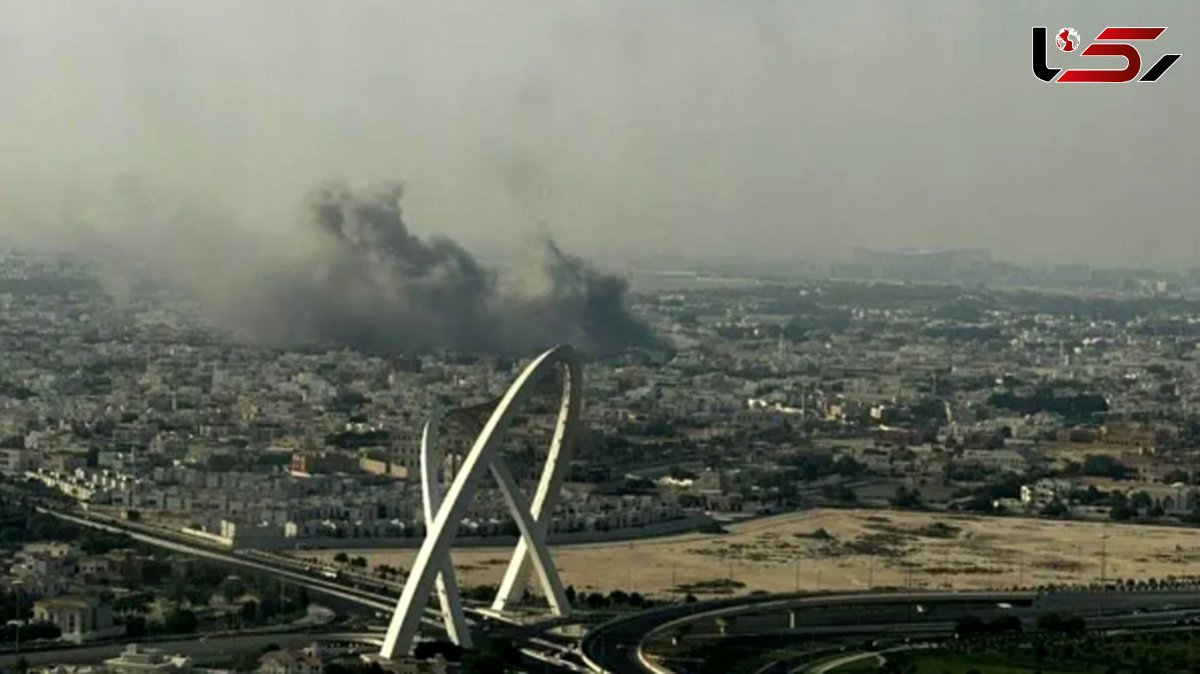Why Israel’s Attack on Qatar Failed and Became a Problem for Tel Aviv
Rokna Political Desk: Israel’s aerial assault on Qatar has not only plunged Tel Aviv’s relations with Arab states to their lowest level in decades, but also disrupted the process of regional normalization and strengthened calls for the formation of an Arab NATO.

The Israeli airstrike on Doha, the Qatari capital, played a decisive role in reshaping Middle Eastern dynamics. The attack, launched under the pretext of eliminating Hamas political leaders, has altered regional paradigms, driving Israel’s ties with Gulf states to unprecedented lows. Some analysts have even described the operation as an “attack on peace,” labeling Israel a security threat to Qatar.
According to Rokna, Qatar, which was active in mediating across 12 regional issues — including negotiations between Hamas and Israel — now sees its relations with Tel Aviv as irreparable. Other observers argue that the assault has transformed perceptions of threat across the Gulf. Where Israel was once regarded as a potential partner against extremism, it is now increasingly viewed as an aggressor. Nevertheless, the United Arab Emirates and Bahrain — signatories to the Abraham Accords — have maintained their official ties, while Saudi Arabia, previously on the verge of normalization, has instead aligned with France in moves toward recognizing Palestine.
Thus, Israel’s aggressive maneuver has not only thrown Arab-Israeli normalization into question, but also revived notions such as an Arab NATO — an unlikely prospect given Gulf monarchies’ dependence on U.S. economic and security support, yet reflective of their growing anxiety over reliance on Israeli power. In the short term, the consequences of this doctrine of domination are already visible, including Pakistan’s agreement with Saudi Arabia: a pact under which Islamabad, in return for financial backing from Riyadh, has pledged to extend its nuclear power umbrella over the kingdom.
Against this backdrop, and in light of the increasingly complex regional equations — highlighted by U.S. Secretary of State Marco Rubio’s recent meeting with Gulf monarchies, ostensibly on Gaza but in fact an attempt by Washington to reassure Arab states — Rokna conducted an interview with Seyed Mohammad Ali Seyed Hanaei, Chairman of the Board of Trustees of the Nations Diplomacy Think Tank.
Send Comments